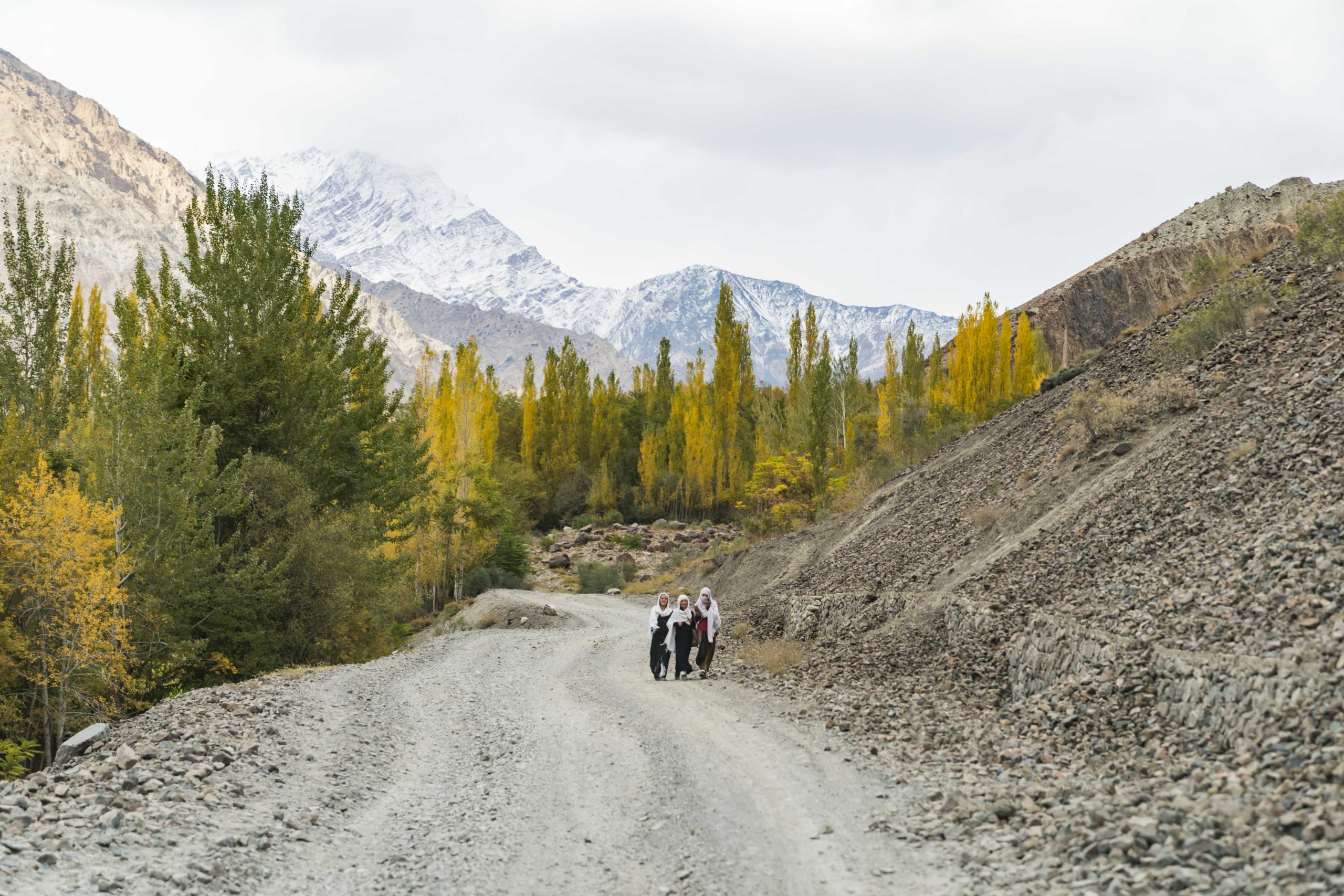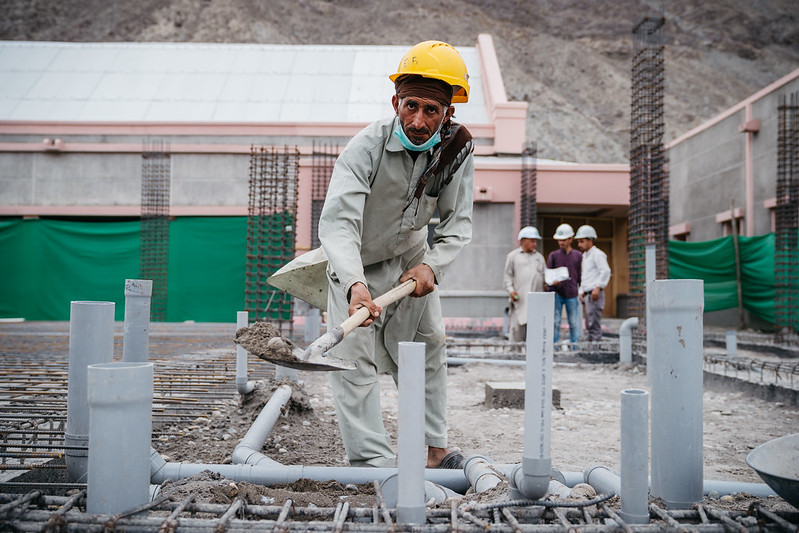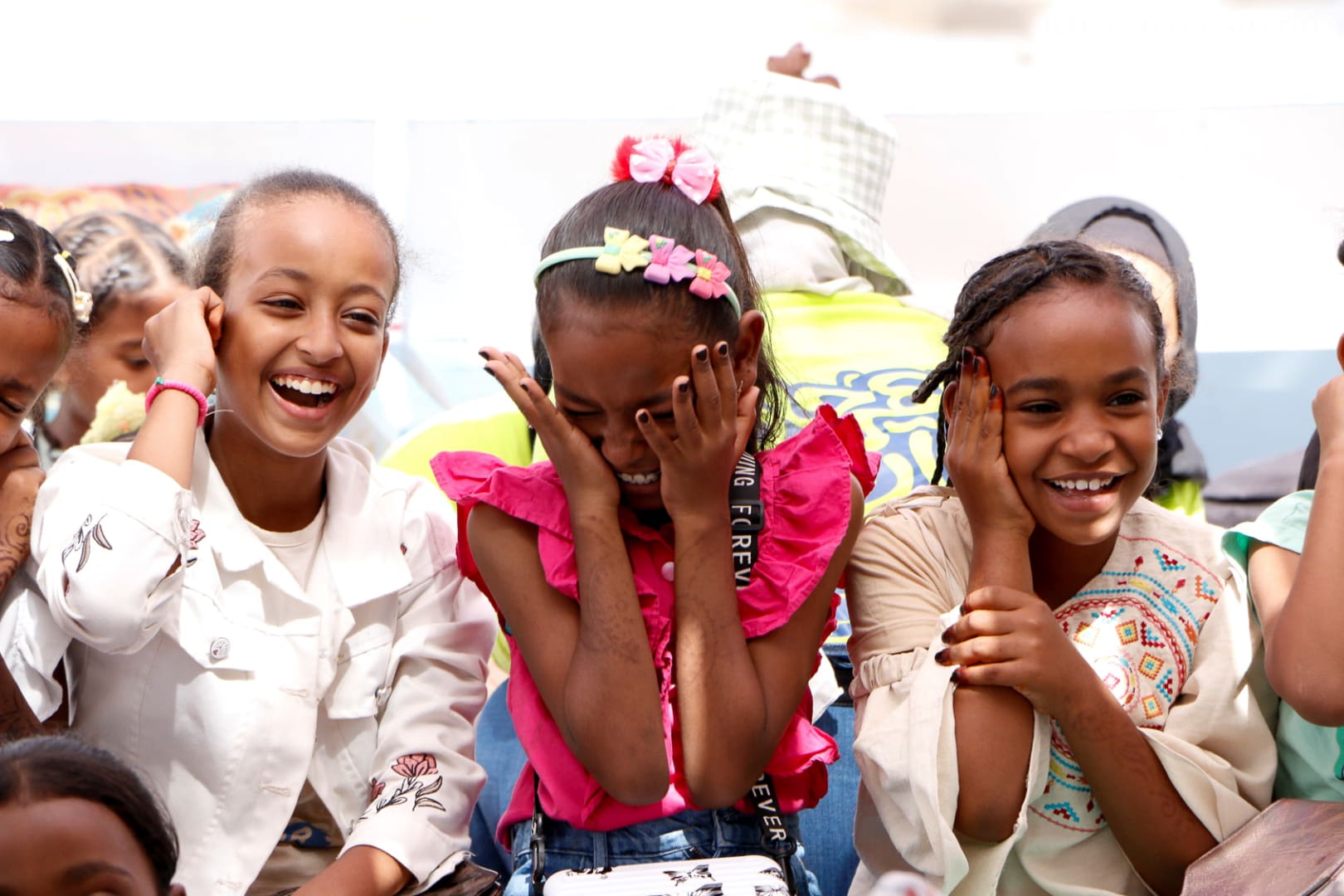103-year-old overcomes Coronavirus after being treated at Aga Khan Emergency Response Centre in northern Pakistan

Sadly Aziz Abdul Alim passed away in early 2022. We are proud to have shared the story of a man who worked tirelessly to advocate for the use of vaccines to protect his community in Chitral.
A 103-year old man has become one of the oldest known survivors of coronavirus after being treated at a COVID-19 Emergency Response Centre. The centre is one of six that have been established by the Aga Khan Health Services in Pakistan through a grant provided by the European Civil Protection and Humanitarian Aid Operations (ECHO).
On 1st July 2020, Aziz Abdul Alim was admitted to the recently established Emergency Response Centre in Booni, Upper Chitral, after testing positive for COVID-19. He was treated immediately and over the course of his stay he stabilised without requiring supplemental oxygen. He was discharged almost two weeks later showing no further symptoms.
“We were so worried about my father’s poor health – we thought there was no hope of survival. When he was eventually discharged, my father was so excited. He greeted all the staff and management while leaving the response centre and thanked everyone for taking care of him,” his son, Sohail, said.

Seeing a critical gap in adequate healthcare facilities to manage COVID-19 patients, AKHS,P established the first facility in Booni, Upper Chitral, in May 2020 with funds raised from a combination of sources including ECHO, Global Affairs Canada and the Aga Khan Development Network. The centres – there are now six across Chitral and Gilgit-Baltistan – aim to ensure that those in Pakistan’s isolated mountainous communities can access life-saving services in the face of the pandemic.
“We were so worried about my father’s poor health – we thought there was no hope of survival.”
“We treated Mr Aziz as a high-risk patient given his advanced age and provided the appropriate medical care along with psychosocial and moral support – equally important during these distressing times.” said Miraj Uddin, Regional Head for Chitral, Aga Khan Health Service, Pakistan (AKHS,P).
In Booni, the 28-bed COVID-19 care facility offers separate accommodation for both male and female patients and is designed to treat patients with a range of symptoms, from moderate, to severe and critical. Run by a staff of 32, the eight doctors and 20 nurses at the centre are equipped with essential material and supplies, including personal protective equipment (PPE) for themselves and for patients. The centre is also equipped with three ventilators for critically ill patients.
The combined capacity of the six Emergency Response Centres is now 150 beds, with plans to extend this to another 164 beds in the near future. So far, over 600 patients have been treated at these facilities.

The urgent nature of the pandemic demands rapidly deployable, easy to build, adaptable technologies. AKHS,P leveraged the expertise of the Aga Khan Agency for Habitat (AKAH) for the construction work so that the centres could be established quickly in these remote and mountainous regions. With the support of partners such as Better Shelter, prefabricated materials and modular designs were able to be used for rapid construction.
The Aga Khan University Hospital (AKUH) in Karachi also assisted by providing quality training to staff at the centres, and was able to do so rapidly, speeding up AKDN’s overall response. Alongside other global health experts, staff at AKUH have provided training to AKHS,P on many aspects of COVID-19 related treatment, including managing critical patients, waste management, handling of PPE kits, screening strategies, and collecting, storing and transporting specimens. AKUH has also played a key role in ensuring that the provision of healthcare in these areas remains the highest standard by providing up-to-date information in a rapidly changing situation.
The ‘Critical Preparedness and Response Actions for Coronavirus disease (COVID-19) Pandemic in Gilgit-Baltistan and Chitral’ is an emergency 17-month programme being implemented in Pakistan by a coalition of AKDN agencies, with a focus on health-system strengthening and awareness-raising. These are: the Aga Khan Foundation (UK and Pakistan offices) which is providing programme oversight and monitoring; the Aga Khan Agency for Habitat (AKAH); the Aga Khan Health Services (AKHS); the Aga Khan University Hospital (AKUH) and School of Nursing and Midwifery (AKU-SONAM); and the Aga Khan Rural Support Programme (AKRSP). It is funded by the EU’s Civil Protection and Humanitarian Operations Unit (ECHO).

Funded by European Union Civil Protection and Humanitarian Aid

Support our work Your donations are helping us build a future where we all thrive together.